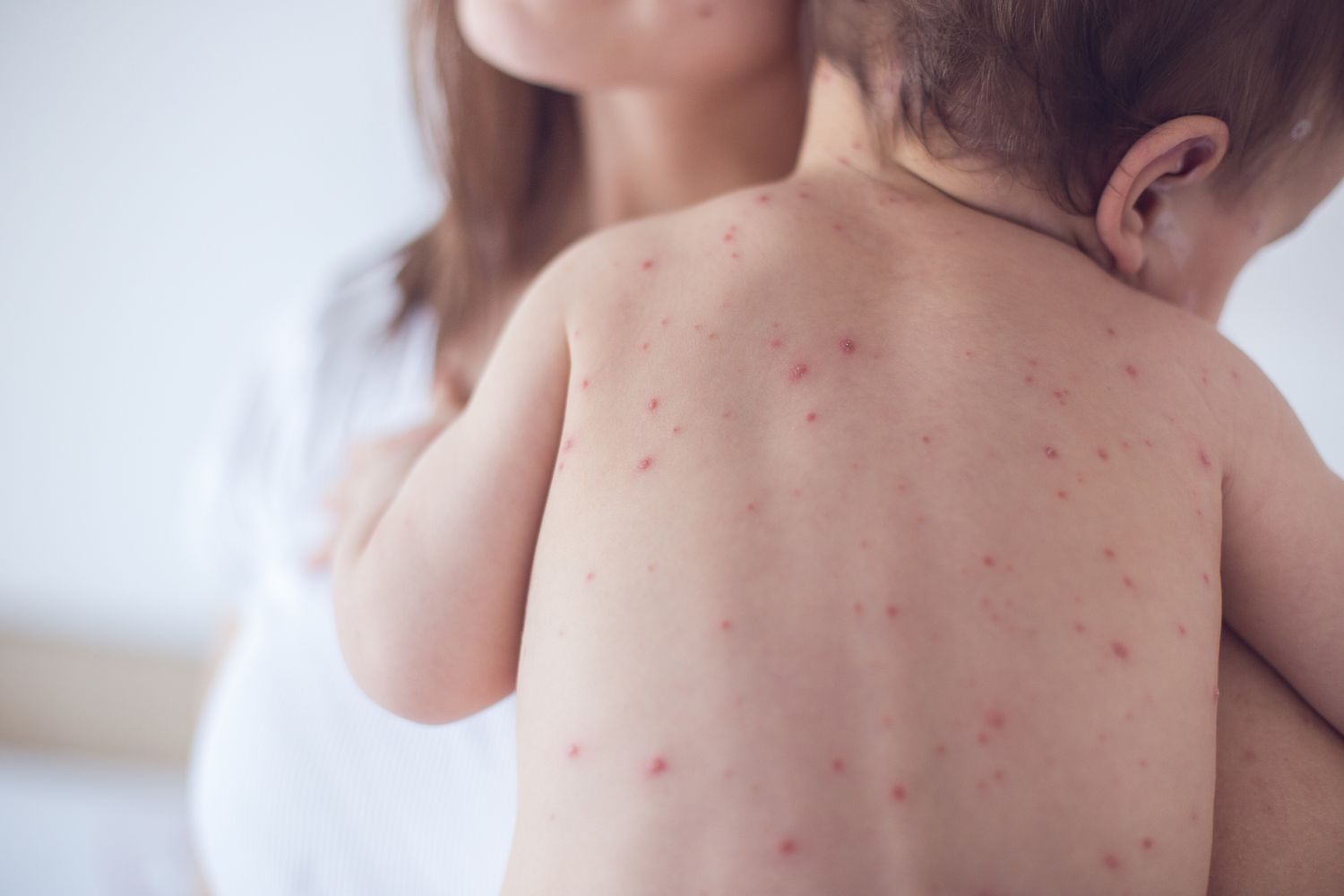
In late February, the Texas Department of State Health Services (DSHS) issued a chilling announcement: a 6-year-old girl from Lubbock, Texas, had become the “first death from measles” in an ongoing outbreak sweeping the South Plains and Panhandle regions.
The statement was clear, authoritative, and fit neatly into a broader narrative pushed by government health agencies—one that insists measles is a deadly scourge, conquerable only by mass vaccination.

BYPASS THE CENSORS
Sign up to get unfiltered news delivered straight to your inbox.
You can unsubscribe any time. By subscribing you agree to our Terms of Use
But as the dust settles and the family speaks out, a very different story is emerging. What if this wasn’t a measles death at all? What if this tragedy is being exploited to prop up a pro-Big Pharma agenda?
Footage Exposes Hunter Biden & Ellen in Adrenochrome Bust in South Africa
The girl’s parents, German-speaking immigrants who broke their silence on Saturday, paint a heartbreaking picture of loss—and a damning one of medical neglect. Speaking sometimes through a translator, they insist their daughter did not die from measles. She had pneumonia, they say, and the hospital’s care was woefully inadequate.
They claim she was denied breathing treatments and life support—interventions that might have saved her life. More than a month after the DSHS announcement, they’re still awaiting an official death certificate and a definitive cause of death. The delay only fuels their suspicion that the truth is being buried.
Their account is backed by a trio of medical experts who have reviewed the hospital records. Dr. Pierre Kory, a critical care specialist with experience in medical malpractice cases, dropped a bombshell on March 25, 2025, during an appearance on CHD.TV, hosted by Children’s Health Defense.
“This girl did not die of measles by any stretch of the imagination,” Kory declared. “In fact, she died of pneumonia.” Joining him were Dr. Ben Edwards, the physician for the girl’s four surviving siblings, and Brian Hooker, Chief Scientific Officer at Children’s Health Defense. Their analysis points not just to pneumonia as the cause of death, but to something even more troubling: a fatal medical error.
“It gets worse than that,” Kory continued. “She didn’t really die of the pneumonia; she died of a medical error, and that error was a completely inappropriate antibiotic. It was an insufficient antibiotic.” According to Kory, the hospital administered a drug that failed to address the severity of the child’s condition, effectively sealing her fate. If true, this wasn’t just a tragedy—it was preventable.
So why did the Texas DSHS rush to pin the death on measles? The answer, critics argue, lies in a broader agenda. For years, public health officials have leaned heavily on fear to drive vaccination rates, casting measles as a relentless killer despite its rarity as a fatal disease in the modern era. The push aligns seamlessly with the interests of Big Pharma, which reaps billions from vaccine mandates and an ever-expanding childhood immunization schedule.
By labeling this death a measles casualty, the government could amplify calls for compliance, drown out vaccine skeptics, and keep the profits flowing.
The family’s story raises red flags beyond the medical records. They allege their daughter was denied basic respiratory support—a charge that, if substantiated, suggests either gross incompetence or something more sinister. Were doctors pressured to let the case play out in a way that would bolster the official narrative? The lack of a death certificate only deepens the mystery, leaving room for speculation that the state is scrambling to align its story with the facts.
This isn’t the first time government health agencies have been accused of twisting data to fit a pro-vaccine script. Measles outbreaks are often met with blanket statements about the unvaccinated, even when cases involve vaccinated individuals or complications unrelated to the virus itself. In this instance, the parents haven’t disclosed their daughter’s vaccination status, but the question lingers: if she was vaccinated, would the state still blame measles—or quietly pivot to another explanation?
For now, the family grieves, caught between their loss and a system they no longer trust. The experts who’ve reviewed the case are unequivocal: this was not a measles death. Yet the DSHS has not retracted its February claim, leaving the public to wonder who’s telling the truth—and why. If Kory, Edwards, and Hooker are right, this isn’t just a misdiagnosis; it’s a cover-up, one that sacrifices a child’s memory on the altar of pharmaceutical profits and government control.
As the story unfolds, one thing is clear: the push to vaccinate every child “to the gills,” as critics put it, relies on narratives like these. But when those narratives crumble under scrutiny, what’s left is a stark question: how many more lies are we being told?

